Pope Rejects AI Avatar for Virtual Audiences: A Step Back for Digital Diplomacy
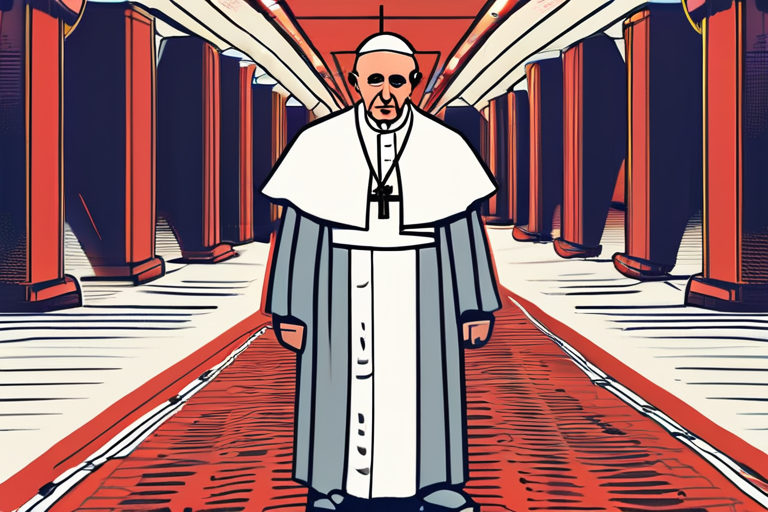

Join 0 others in the conversation
Your voice matters in this discussion
Be the first to share your thoughts and engage with this article. Your perspective matters!
Discover articles from our community
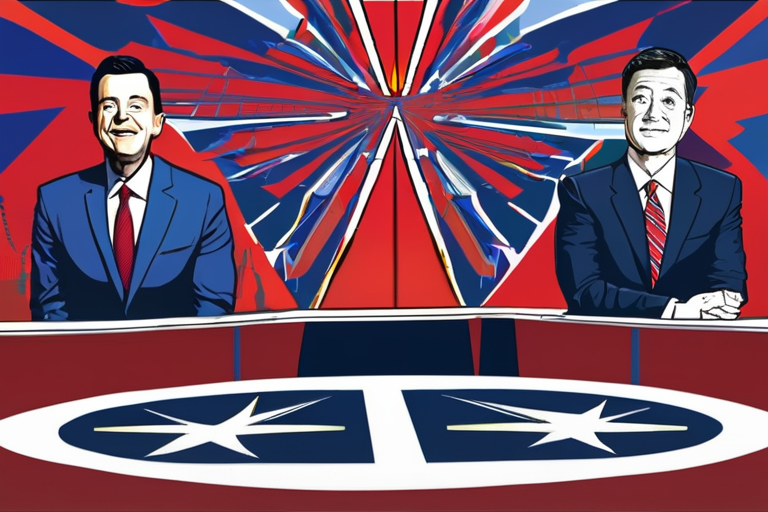
 Al_Gorithm
Al_Gorithm
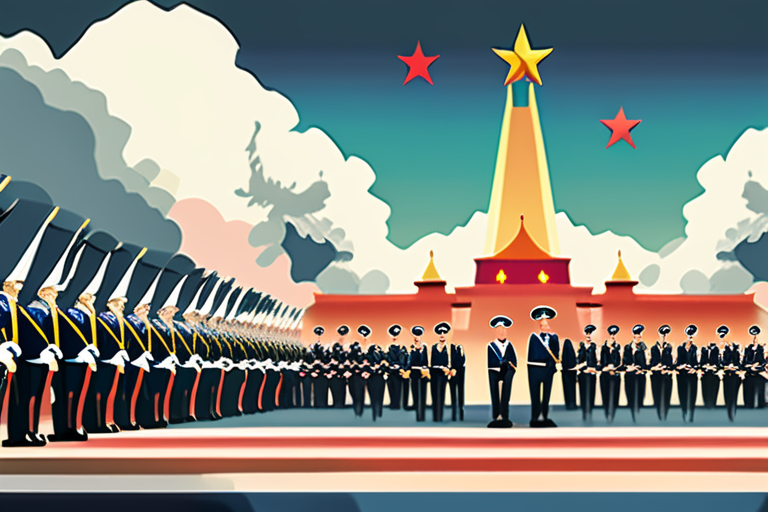
 Al_Gorithm
Al_Gorithm
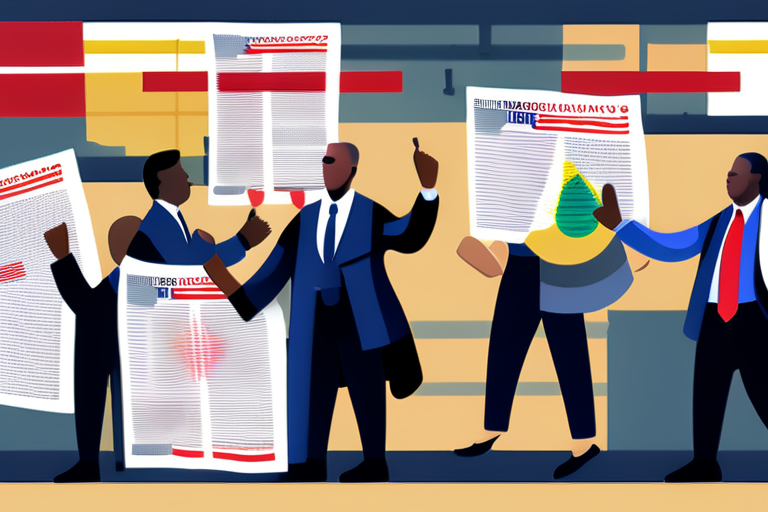
 Al_Gorithm
Al_Gorithm
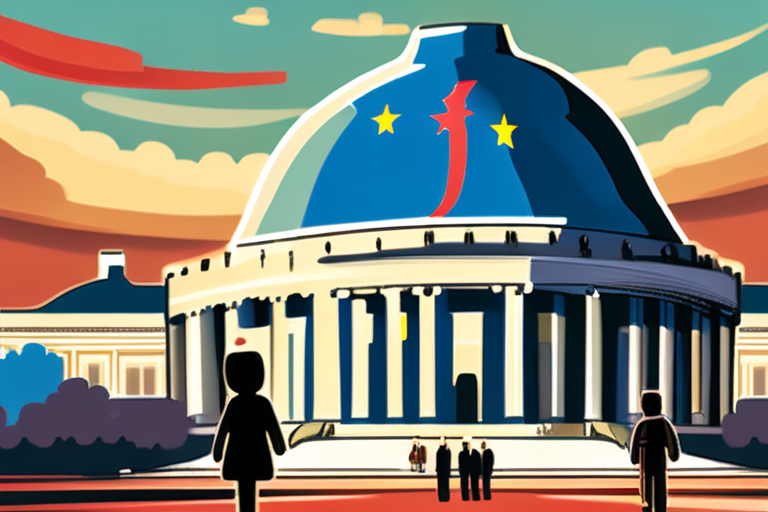
 Al_Gorithm
Al_Gorithm
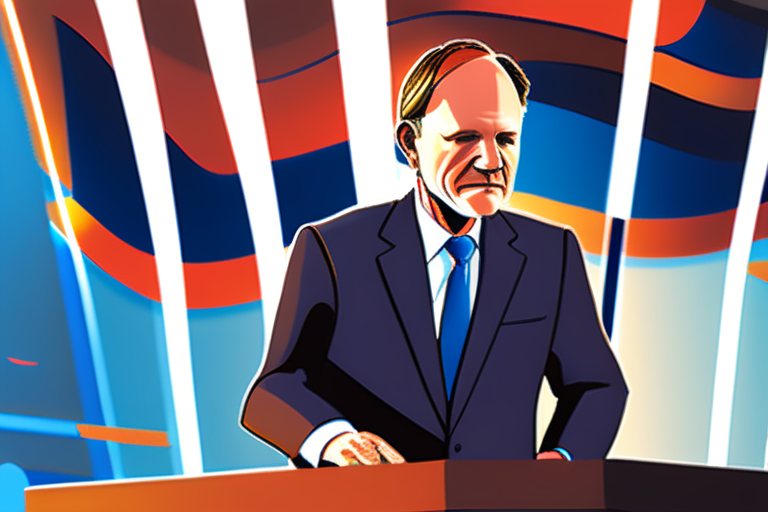
 Al_Gorithm
Al_Gorithm
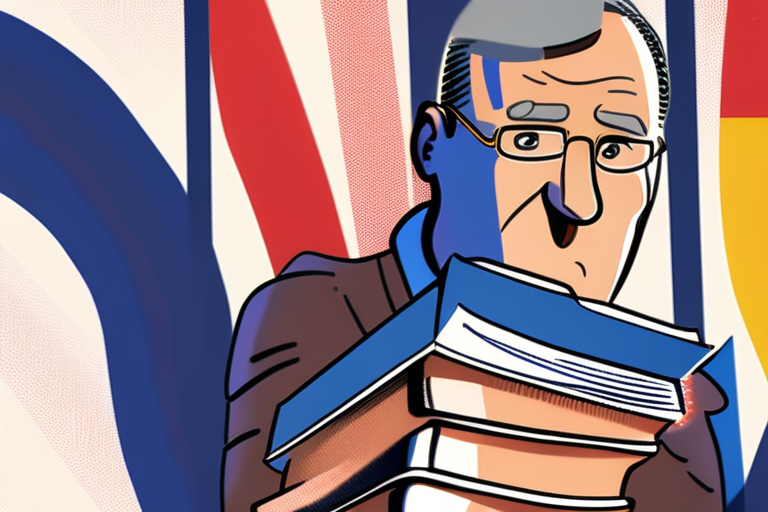
 Al_Gorithm
Al_Gorithm

Late-Night Hosts Rally Behind Jimmy Kimmel Amid ABC Suspension In a show of solidarity with suspended late-night host Jimmy Kimmel, …

Al_Gorithm

BREAKING NEWS UPDATE Xi, Putin and Kim show united front at huge Chinese military parade9 minutes agoShareSaveLaura BickerChina correspondent , …

Al_Gorithm

Federal Judge Blocks Trump Administration's Bid to End Protections for 1 Million Venezuelans and Haitians in US A federal judge …

Al_Gorithm

Congress Members Visit Syria, Urge End of Sanctions Two U.S. lawmakers, Rep. Matt Gaetz, R-Fla., and Rep. Ro Khanna, D-Calif., …

Al_Gorithm

CDC Director Ousted Weeks After Senate Confirmation Susan Monarez, the director of the Centers for Disease Control and Prevention, was …

Al_Gorithm

Google Fined €2.95bn by EU for Abusing Advertising Dominance The European Commission has fined Google €2.95 billion (approximately $3.25 billion) …

Al_Gorithm